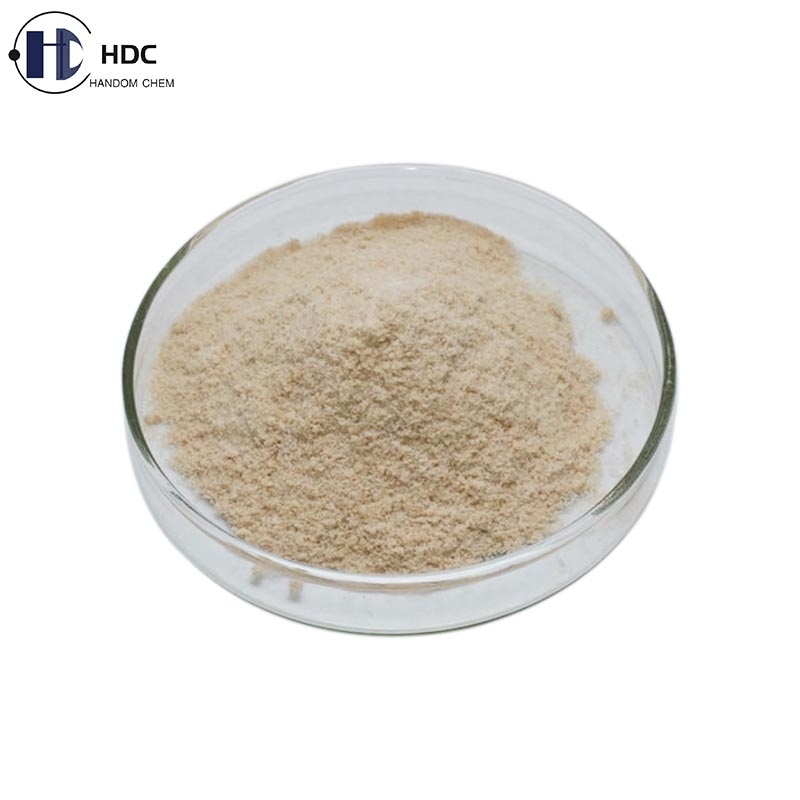Progress in the study of the effect of land use change on soil carbon decomposing enzyme activity
-
Last Update: 2019-01-03
-
Source: Internet
-
Author: User
Search more information of high quality chemicals, good prices and reliable suppliers, visit
www.echemi.com
Soil is the most important carbon pool in terrestrial ecosystem, and microbial driven decomposition of organic carbon has an important impact on the global carbon cycle Soil microorganisms mainly participate in soil carbon cycle through extracellular enzymes secreted by them The change of land use leads to the change of the quality and quantity of soil organic matter and the physical and chemical characteristics of soil, which will lead to the change of soil microbial community in the ecosystem, and thus affect the extracellular enzyme activity However, the response mechanism of soil carbon cycle related enzyme activity to different land use changes is not very clear at present Under the guidance of researcher Cheng Xiaoli, Zhang Qian, Ph.D student of soil ecology group of Wuhan Botanical Garden, Chinese Academy of Sciences, took the wasteland, farmland, shrub and forest in Danjiangkou reservoir area as the research object, and measured the changes of carbon hydrolase activity, oxidase activity and carbon content in soil under different land use patterns The results showed that both vegetation restoration and cultivation significantly increased soil carbon hydrolase activity and carbon oxidase activity The increase of carbon hydrolase activity in forested land is related to the higher content of soluble organic carbon and easily decomposed carbon in soil, while that in farmland is related to the lower ratio of soil carbon to nitrogen, ploughing and fertilization The activity of soil oxidase in farmland is significantly higher than that in forest land, which may be due to its high inert carbon index and low carbon nitrogen ratio At the same time, the activity of soil organic carbon enzyme in farmland was significantly higher than that in forestland, which indicated that the carbon turnover rate of farmland was significantly higher than that in forestland The results show that afforestation can improve soil carbon storage and stability by slowing down the carbon turnover driven by soil enzymes The research was supported by the National Natural Science Foundation of China (314705573177056331700461) and the strategic leading project B of the Chinese Academy of Sciences (xdb15010200) The related research results were published in the international journal land graduation & development with the title of variations in carbon ‐ composition enzyme activities response differently to land use change in Central China
This article is an English version of an article which is originally in the Chinese language on echemi.com and is provided for information purposes only.
This website makes no representation or warranty of any kind, either expressed or implied, as to the accuracy, completeness ownership or reliability of
the article or any translations thereof. If you have any concerns or complaints relating to the article, please send an email, providing a detailed
description of the concern or complaint, to
service@echemi.com. A staff member will contact you within 5 working days. Once verified, infringing content
will be removed immediately.







